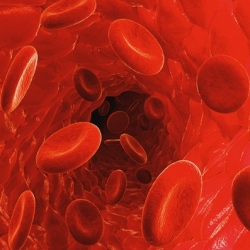
A cell-based diabetes treatment could eliminate the need to inject insulin. The therapy involves a capsule of genetically engineered cells implanted under the skin that automatically release insulin. Diabetic mice that were treated with the cells were found to have normal blood sugar levels for several weeks.
Scientists said they hope to obtain a clinical trial licence to test the technology in patients within two years. If successful, the treatment would be relevant for all type 1 diabetes patients, as well as those cases of type 2 diabetes that require insulin injections.
Martin Fussenegger, who led the research at the ETH university in Basel, said: “By 2040, every tenth human on the planet will suffer from some kind of diabetes, that’s dramatic. We should be able to do a lot better than people measuring their glucose.”
Fussenegger said that, if confirmed as safe and effective in humans, diabetes patients could be given an implant that would need to be replaced three times a year rather than injections, which do not perfectly control blood sugar levels, leading to long-term complications including eye, nerve and heart damage.
In Britain, about 400,000 people have type 1 diabetes and three million have type 2 diabetes, about 10% of whom need to inject insulin to control the condition.
Type 1 diabetes normally begins in childhood and is an autoimmune disease in which the body kills off all its pancreatic beta cells. The cells respond to the body’s fluctuating glucose levels by releasing insulin, which regulates blood sugar. Without beta cells, patients need to monitor glucose and inject insulin as required – typically several times each day.
